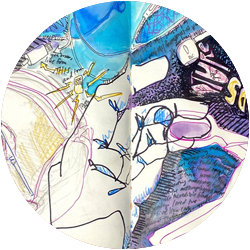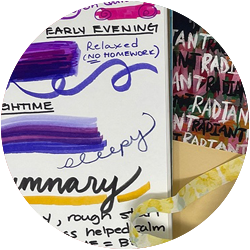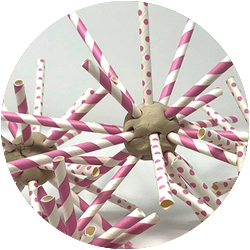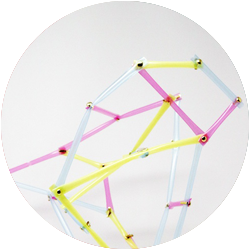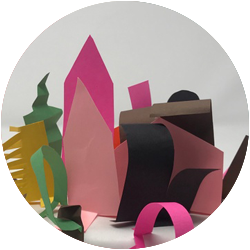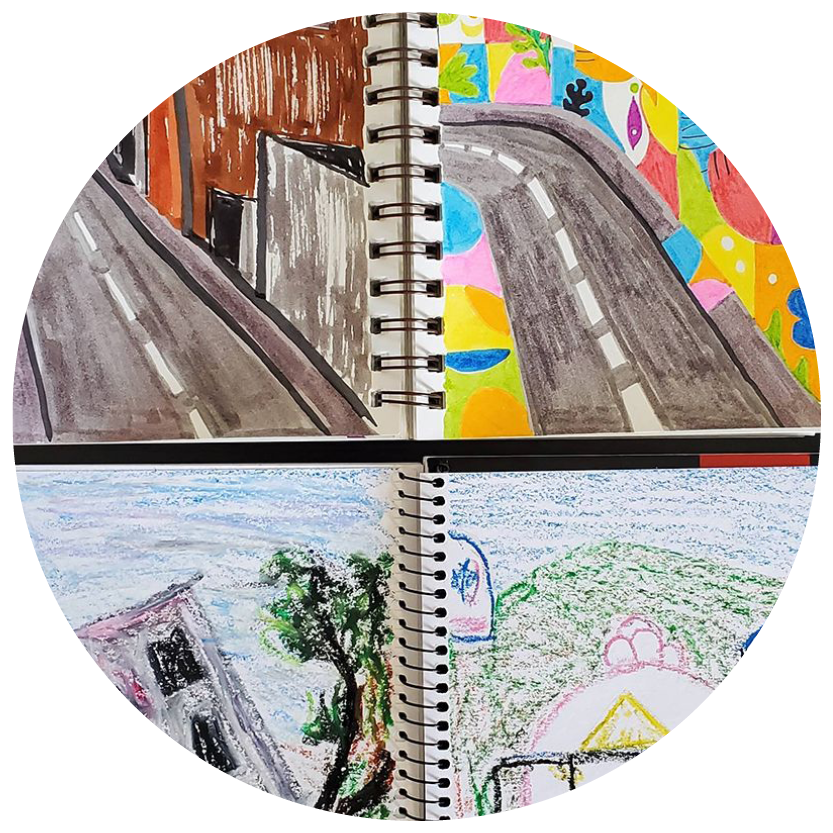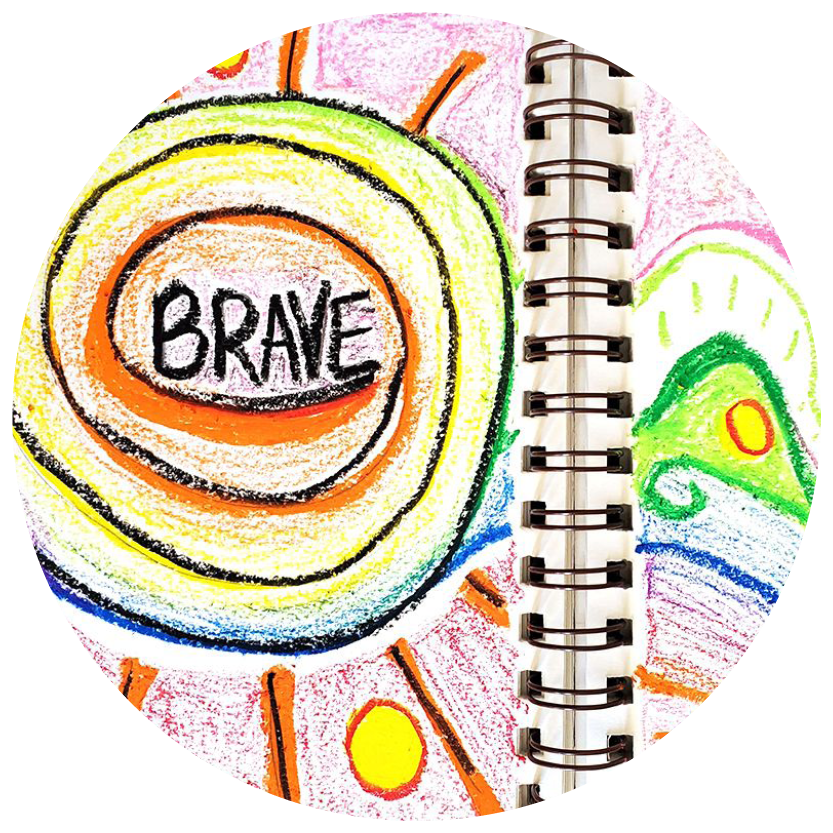Substitute Tips & One-Day Art Lessons
Get equipped with a repertoire of tried and true substitute tips and quick one-day lessons from veteran art teachers. We want you to be able to pivot with confidence and continue to engage all learners.
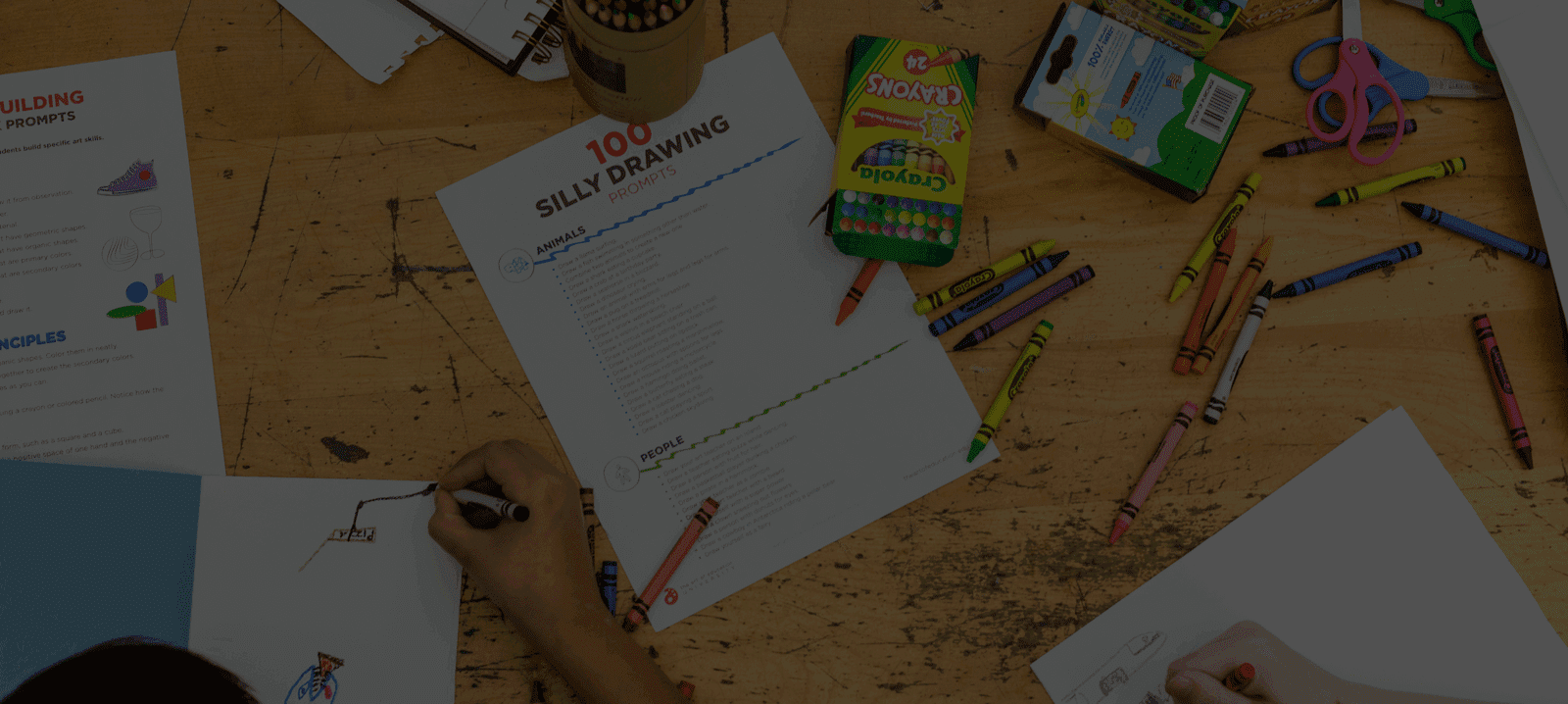
Get equipped with a repertoire of tried and true substitute tips and quick one-day lessons from veteran art teachers. We want you to be able to pivot with confidence and continue to engage all learners.
Planning for an absence doesn’t have to be more work. Check out these tips to make prepping for and hosting a guest teacher as seamless as possible. Browse our sub plans by grade level for lesson plans specifically designed to be implemented by a substitute teacher.
It can be scary to be away from our classrooms and students for a long period of time. Take some of the overwhelming aspects out of the process with advice from art teachers who have been there.
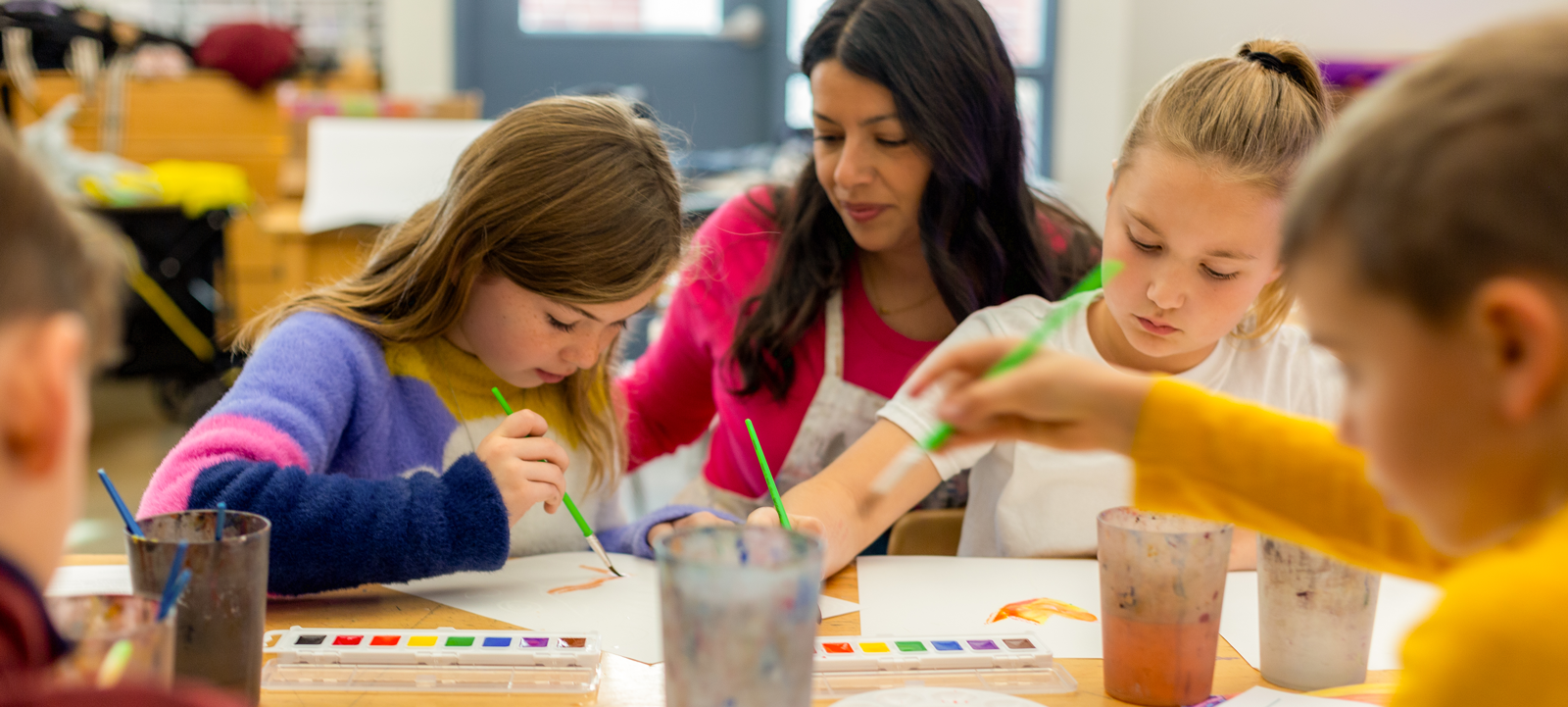
Keep these quick and fun one-day artmaking lesson ideas in your stash. Be prepared for when you have a schedule adjustment, or you are drained and just need a change of pace. Some of these lessons do require some prep and special supplies so take a peek now so you can be prepared later. And just because a lesson is labeled for a substitute, it doesn’t mean you, the art teacher, can’t implement the lesson yourself!
5 Exciting Sub Plans for Right Now
Don’t Miss This One-Day Lesson That Connects Poetry & Art Analysis
4 Fun Ideas to Unprogram in the Art Room to Alleviate Student Stress
6 One-Day Activities for the End of the School Year
A One-Day Clay Project Easy Enough to Do From a Cart
Engage Your Students From Day One With an Art History Remix
5 Art Lessons That Are Effective at Home or School

An on-demand professional development library for art teachers with hands-on tutorials, resources, and strategies.
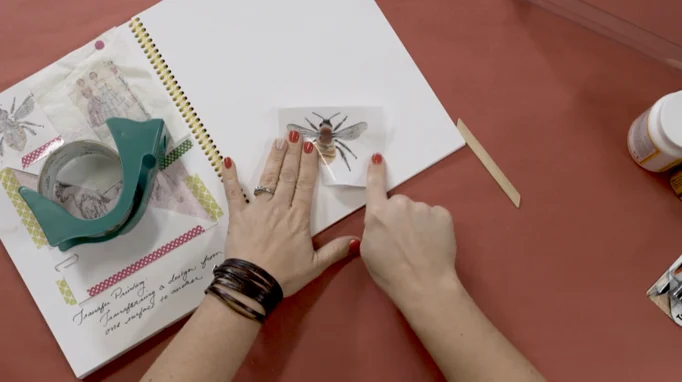
Transfer Printing
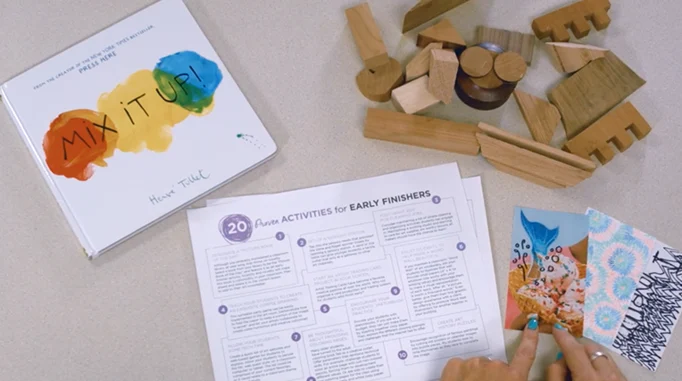
Methods for Early Finishers
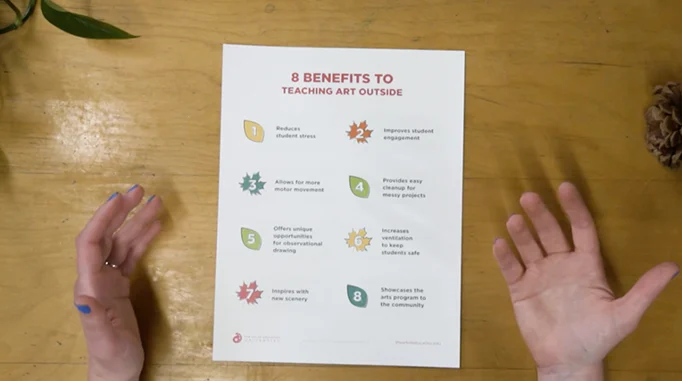
Creating Art Outside
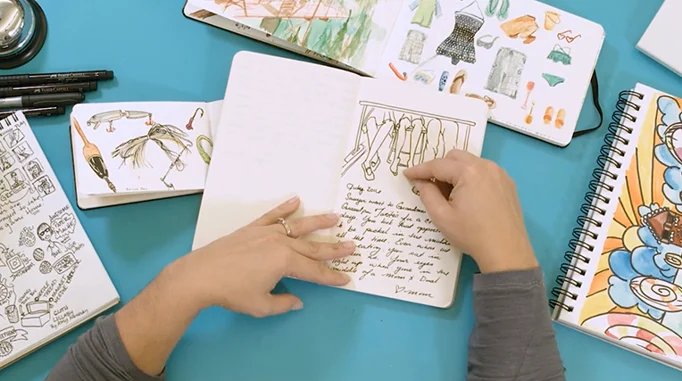
Sketchbook Ideas That Really Work
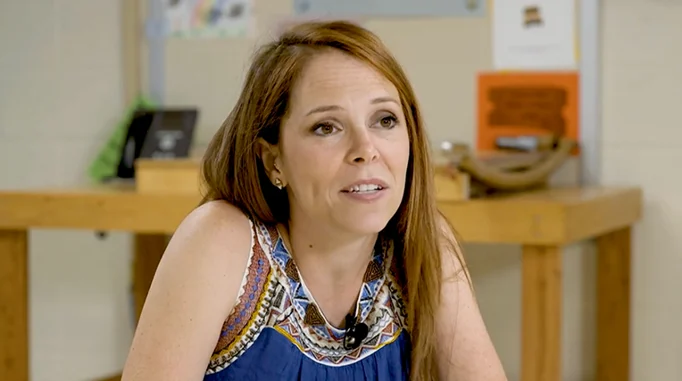
Planning for Substitutes
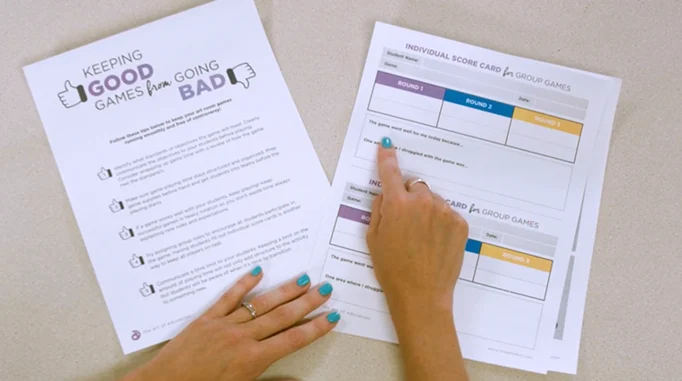
Games in the Art Room
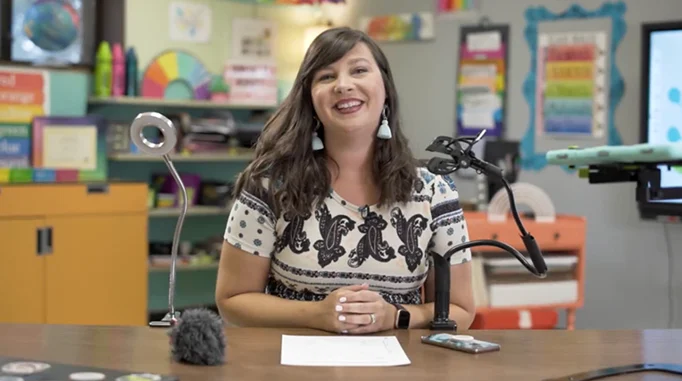
Planning Instructional Videos

A vast library of standards-aligned lessons with step-by-step instructions, a project photo, and student-facing handouts such as artist bios, assessments, and more.
